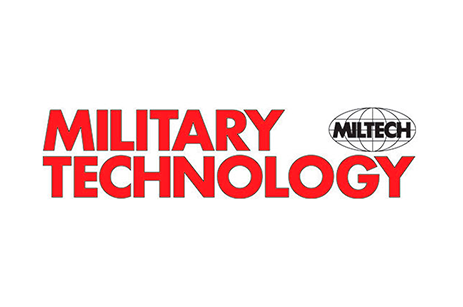
Published in Military Technology (MILTECH)
Written by Christian Kopp
Many countries prefer to procure military systems from their own national defence industries, making it less likely that foreign suppliers will be awarded contracts. On the other hand, establishing a close, long-term cooperative relationship with international defence contractors is often seen as an effective way to secure the supply and availability of critical technologies. For that reason, industrial participation is seen as a way to develop and maintain production, technology and expertise, so that critical defense products and services can continue to be produced under emergency conditions. For countries that have less domestic manufacturing capability for defence equipment, there are special rules in place that ensure any large sums of public money spent on foreign equipment will eventually make their way back into the local economy.
Increasingly, governmental customers insist on some level of local industrial participation (LIP) from foreign defense suppliers. LIP programmes typically involve a mix of technology transfer and local production. These direct offsets can be essential to successful resolution of a contract, and the ability of a defense supplier to support LIP programmes is often an important selling proposition and discriminator in contract negotiations. LIP programmes will more frequently become a common requirement in future – even a prerequisite – for suppliers seeking to participate in foreign sales. Suppliers face numerous challenges when putting an LIP programme in place. A sub-contractor’s familiarity and expertise with such challenges can be an important asset, for both prime contractor and customer, during contract negotiations.
Curtiss-Wright Defense Solutions’ Drive Technologies business provides high-precision turret drive and stabilisation technologies for ground vehicles and is an industry leader in supporting and helping to develop LIP programmes as a Tier 2 supplier. From extensive international experience in such programmes in Europe, South Africa and Australia, for example, Curtiss-Wright has established a set of best practices for creating, managing, and optimising LIP agreements.